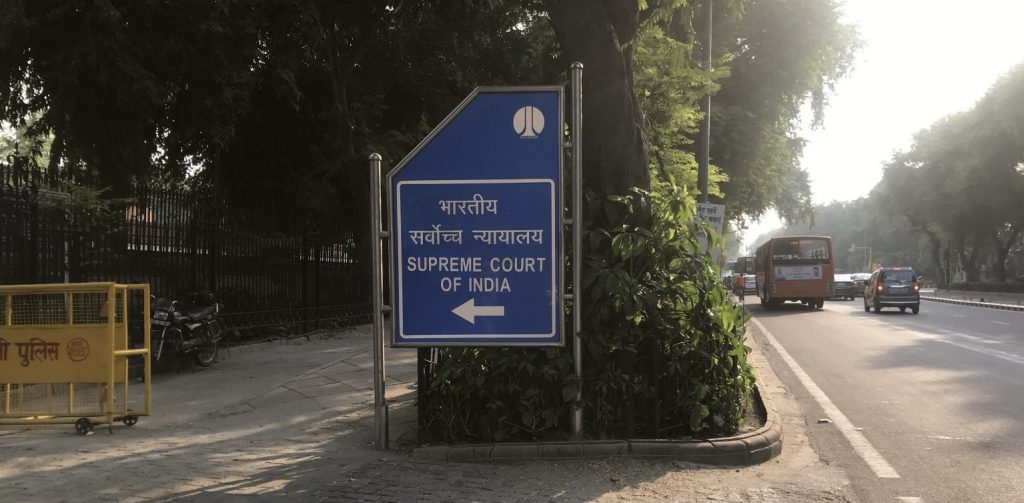 Supreme Court Dismisses Pleas For 100 % Verification Of VVPAT Paper Trails With EVM Votes
Supreme Court Dismisses Pleas For 100 % Verification Of VVPAT Paper Trails With EVM VotesSupreme Court of India on Friday rejected all the petitions seeking 100 per cent verification of Electronic Voting Machines (EVMs)’s votes with their Voter Verifiable Paper Audit Trail (VVPAT) slips. The two-judge bench of Justice Sanjiv Khanna and Justice Dipankar Datta delivered a unanimous verdict.
The VVPAT machines are attached to the ballot unit of the EVM and will provide visual verification for a voter’s vote by printing a slip of paper with the voter’s choice on it. The Opposition has been demanding that all VVPAT slips be cross-checked with the EVM votes.
Rejecting the pleas, Justice Datta said, “While balanced perspective is important, but blindly doubting a system can breed scepticism and thus, meaningful criticism is needed, be it judiciary, legislature etc, Democracy is all about maintaining harmony and trust among all the pillars. By nurturing a culture of trust and collaboration, we can strengthen the voice of our democracy”. He also added that the court’s approach in this matter has been guided by evidence.
However, the apex court passed two directions to the Election Commission. The court has directed to seal the Symbol Loading Units in the EVMs after the symbols are loaded. The unit has to be stored for at least 45 days. The court further added that the burnt controller of the EVM will be checked by a team of engineers after the declaration of the results on a request by candidates in serial number 2 and 3.
The court has also asked about the possibility of a machine to count the VVPAT slips.
If any of the candidates seek VVPAT cross-verification, he/she must pay for it, and if the EVM in question is found to be tampered with, the payment must be refunded. In recent years, questions have been raised on the integrity of the EVMs. And the bunch of petitions before the court has sought a direction to cross-verify every vote cast on EVMs.
The Supreme Court has earlier stated that it is not the controlling authority for elections and cannot dictate the functioning of the Election Commission. The court said in the last hearing responding to the concerns raised by the petitioners, “If you are predisposed about a thought-process, then we cannot help you… we are not here to change your thought process.”
